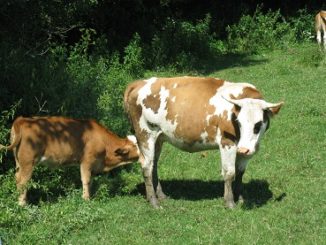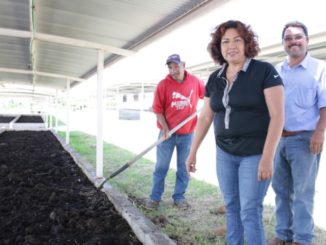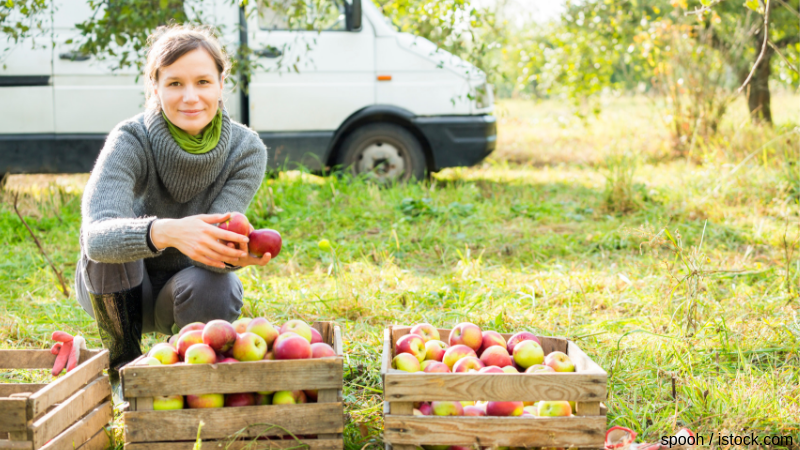
By Hans Wetzels
As a major agricultural nation in the east, Poland has a significant interest in how CAP will unfold in the current reform process. While not all regions or sectors are the same in this large country, there are some common considerations. We have commissioned journalist Hans Wetzels to get to grips with CAP and Poland, in particular how Polish farmers and Polish policy makers will adapt to likely changes, including a lower overall CAP budget, greater environmental focus and the new delivery model. How the Nationalist party wins hearts and minds, Poland relates to EU subsidies and other EU countries, in particular France and Germany, and finally differences of opinion on organic farming’s productivity, feature below. Part five of five.
It’s late February in 2015 when the agricultural attaché of the American embassy in Warsaw sends a cable back home to Washington to report on emerging farmers’ protests in Poland. Hundreds of small farmers have descended on Warsaw to block major roads leading in and out of the Polish capital. ‘The main demands of the farmers include compensation for crop damages caused by wild boars, reimbursement of all milk quotas purchased by farmers, export subsidies for pork, governmental purchases of agricultural products for intervention stocks, a ban on imports of grain from Ukraine and sale of land to foreigners,’ the American diplomat writes. He goes on to quote the head of Ogólnopolskie Porozumienie Związków Zawodowych (OPZZ – one of the big agricultural unions in Poland) calling civil servants at the ministry of Agriculture ‘traitors’ with whom there was ‘nothing further to discuss’.
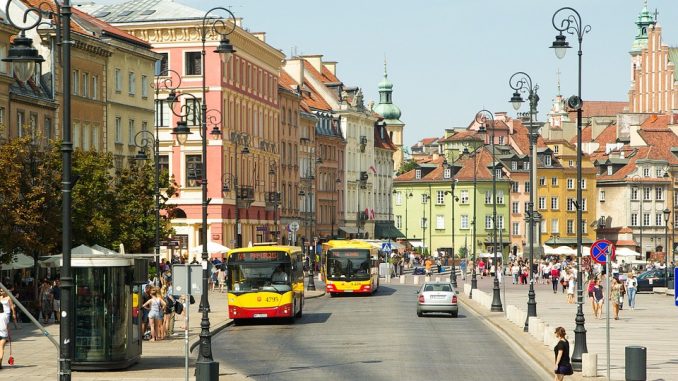
Nationalist party
Later that same year tensions are still high. Disgruntled farmers in the countryside help the controversial nationalist Law & Order (PiS) party rise to power. “Up until now, several administrations stuck to building pavements and fixing sewer systems in the countryside. At the same time farmers were getting hammered by the international market,” Rafal Serafin explains while steering his car through the snow-covered countryside of South-Poland. “But for political elites in Warsaw small farmers simply don’t play a role anymore in the economic system.”
Serafin lives and works in the Malopolska region – just north of the industrial zone around the old city of Kraków. Currently he sits on a governmental commission and researches the economic possibilities of shorter food chains for marginalised small farmers. “The last couple of years we had politicians of the traditional Polish farmers party Polskie Stronnictwo Ludowe (PSL) telling farmers that selling directly from the farm to consumers was distorting the market,” he explains. “They even said it was unfair competition to retailers. So then a party like PiS comes in, gives all the farmers 500 zloty and at least gives them the idea they are being listened to.”
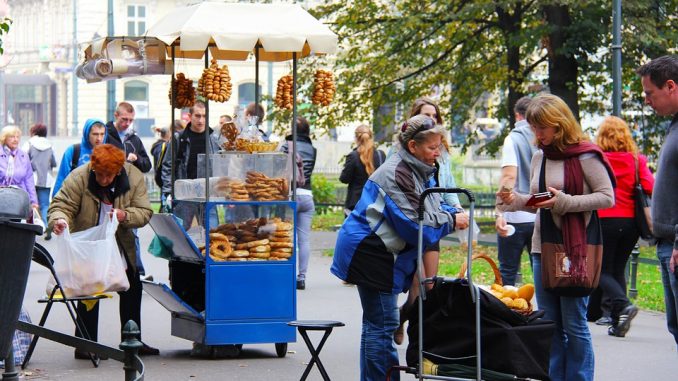
Weimar triangle
It comes as no surprise that the big cuts the European Commission is now proposing for the new Common Agricultural Policy (CAP – 2021-2027) have led to fierce critique from Warsaw. Polish farmers not only expect to receive less money once the new CAP gets implemented – but also the differences in payments between Eastern-European farmers and their western counterparts will mostly likely not be addressed – again. ‘Our market is totally open to all EU produce,’ Polish Minister of Agriculture Jan Ardanowski stated on the matter. ‘Despite all that Brussels still tells us that we should remain a second category of farmers countries’.
To relieve the emerging political tensions, German, Polish and French top-level government officials have engaged in discussions about regenerating the so-called Weimar Triangle – a trilateral political alliance established in 1991 at the German Schloss Ettersburg in Weimar. In the Weimar context France represents southern Europe, Germany the industrial heartland and an assertive Poland the countries of the east. To make EU-policy work these three core-countries at least have to agree – in theory.
Having gone some time without having meetings, they initiated again in 2016 – just after the Brexit-vote. Diplomats started exchanging views on judicial reforms, open borders and the new Nordstream 2 gas pipeline leading from Russia into Europe. Towards the end of that year, the agricultural ministers of the three Weimar countries come up with a proposal to send surplus beef to EU-countries under pressure from an influx of Syrian refugees.
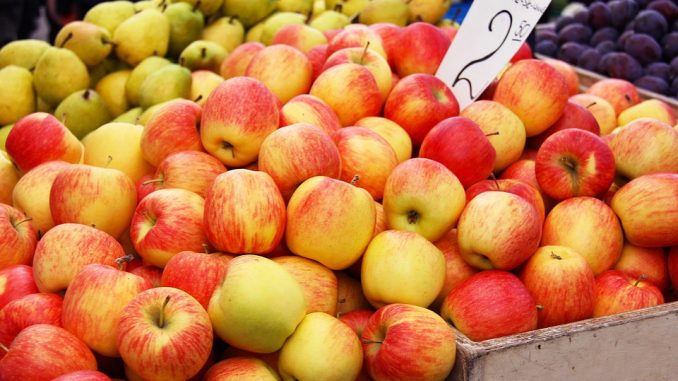
Shared views
But in the broader agricultural context, discontent in Eastern-Europe keeps on growing. Early 2018 Poland teams up with the four Baltic countries to give a joint declaration on their collective unwillingness to accept the new CAP-proposals. “It’s not only Poland that is protesting against the proposed budgetary changes and radical cuts in funding for the CAP,” Polish newspaper Gazeta Polska reports about the matter. “Our views are shared by many countries in our region.”
Polish farmers in general feel more threatened by economic globalisation and the open market policies proposed by the European Union than their western counterparts. Cuts in the CAP-budget might even aggravate that dissatisfaction in the rural communities where EU-sceptical populist parties find parts of their voter-base. During the first months of 2019 several protests once again erupt around Poland. Farmers demand restrictions on food imports and compensation for the low prices for farm produce. This time, the unrest is fiercely criticised by the PiS-government once supporting the farmers.
As the chair of the agricultural wing of the influential Polish union Solidarnósc Edward Kosmal has been involved in the protests from the beginning. He operates a farm near the small northern city of Stargard in West-Pomerania. “I operate four different holdings totalling about 200 hectares, mostly growing potatoes for the processing industry and sugar beets,” Kosmal tells me. “Most farms in my region are smaller and specialize in barley, corn or milk. More than sixty percent of the grain production in this area is exported onto the European market.”
Poland produces a lot of grains and meats, ranks first in Europe concerning the production of apples, poultry, berries and mushrooms, while milk production is rapidly growing. The country has gained a lot from access to European money and the internal market, Kosmal admits. But the EU also is a double-edged sword since the same farmers profiting from hefty EU-subsidies also have become completely dependent on them since farm-prices are low on a world market characterized by unequal power relations. “As a beet grower, direct subsidies help me to keep my farm profitable,”Kosmal explains. “When it comes to revenue as much as 40 percent is EU-subsidy. The problem is that we have become heavily dependent on the global economy. If there’s a downward trend in milk prices or overproduction of apples, farmers quickly run into trouble.”
Organic Information
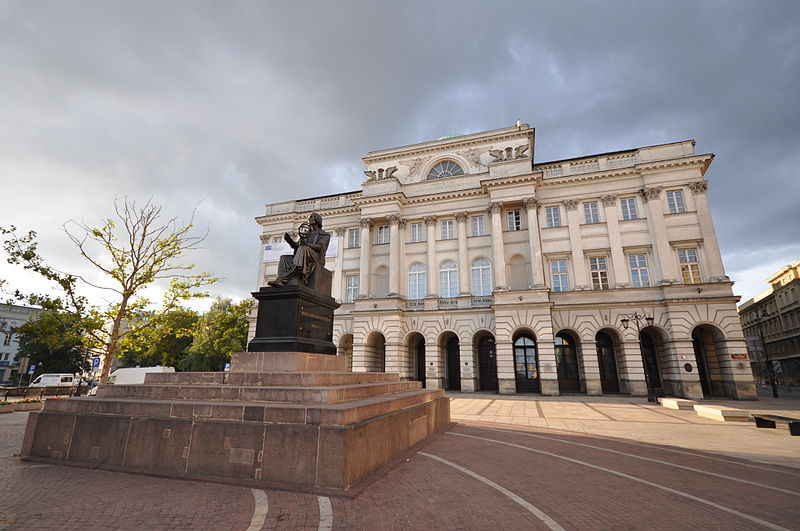
When farmers get into trouble tensions can run high politically and fuel nationalists taking aim at the European project. But in reality, only part of problem lies in EU-policies, sociologist Ruta Spiewak explains. We meet in a spacey room in the Polish Academy of Sciences right in the heart of Warsaw. A big statue of Nicolaus Copernicus proudly gazes out over the streets of the Polish capital. Domestic Polish politicians also have big stakes in agribusiness and farmers themselves are quite disorganised, Spiewak stresses: “Organic farmers often receive EU environmental payments but don’t produce any actual food for the market. Most of the organics available in Polish supermarkets are imported from abroad because it’s cheaper. Small farmers organizations in Poland are weak, not very well informed and unprepared for debates about technical policy-issues like CAP. So the government doesn’t see them as real partners for debate, their interests don’t get served and they are unable to capitalize on the opportunities that are actually out there.”
Early 2018 Spiewak co-authored an extensive research article on the impact agricultural lobby groups have in Poland. It turns out that the actual influence of farmers is very limited, the sociologist argues. Because small and organic farmers are so unorganized, vested interests can prevail: increasing export value and equalizing EU-payments are the main agenda points of the Polish government on a European level. “The Polish government has its priorities wrong,” Spiewak explains. “Polish fruit exports, for example, consist mainly of fresh produce. So the added value doesn’t go to farmers but to powerful processing companies. There’s just not enough political will to pursue the interests of the organic sector. But right now small farmers are quite happy to just receive European subsidies. When those payments will become less under the next CAP they will be very disappointed. That will have political consequences, so the next elections in Poland will be very important.”
“I have been working in certification and the organic movement for more than twenty years and would be very careful with such general statements,” Dorota Metera replies. She works for organic certification body Bioekspert and is a member of a new NGO-grouping called Living Earth Coalition. “It is true that many products in supermarkets are imported, but that is because of many reasons. Polish producers are often too small to organise big amounts of produce of the same quality for supermarkets and the processing of organic produce is underdeveloped in Poland. That’s why there are many Italian sauces and olive oils or German sandwich spreads in the shops. There is no reason to blame the subsidy system for this, although there are errors. For example, the subsidies for animal farms are very low so there is not enough organic milk produced which then is imported Lithuania, Germany or the Czech Republic.”
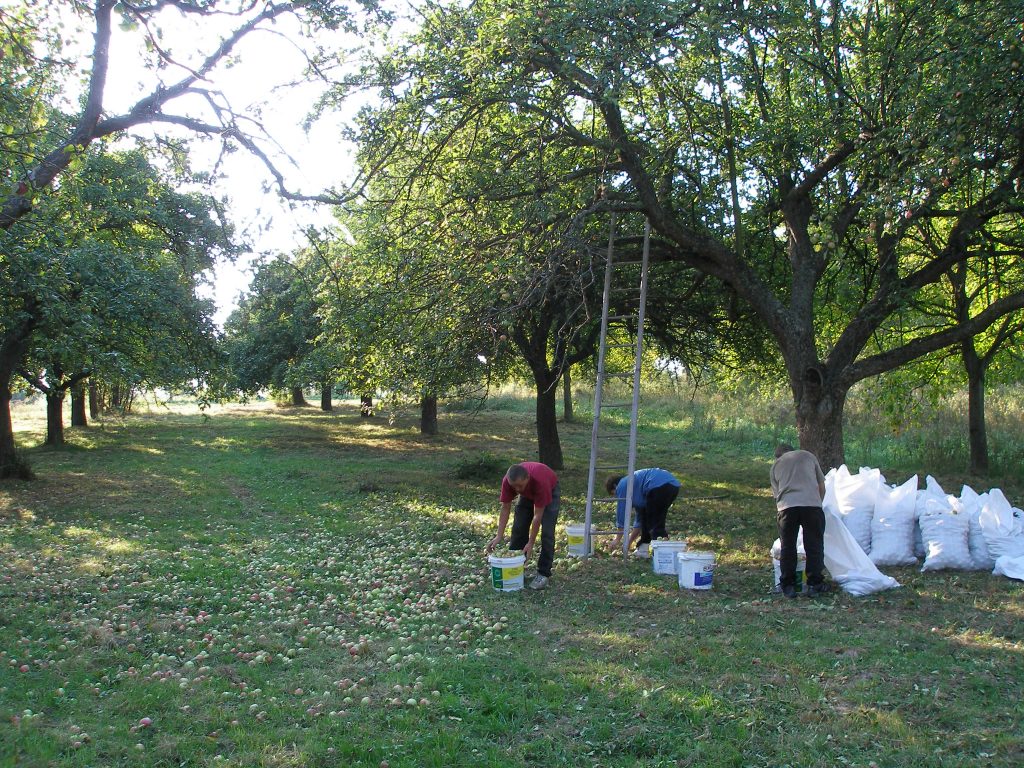
In fact, there are cases of a strong market focus in organic farmers in Poland. For example, back in 2015, Dorota Metera wrote about organic fruit and vegetable framing in south east Poland for ARC2020 (.pdf) where she noted that “in a 10 year period in the voivodship Podkarpackie, the numbers went from just a dozen organic farms to about 2000 by 2011.”
Metera pointed out that these farmers had long standing orchards, a hilly terrain and a small farmer structure: nevertheless, they have shown significant innovation and apt use of various CAP measures. An example is the 100 or so organic fruit farmers who formed an association (called “Truskawka” (Strawberry) ) and also a producer group, while sourcing funding (two million euros) to invest in an organic fruit processing unit. The Producer Group “helped develop a collective efficiency by organizing common purchasing of seeds, planting materials of strawberries and raspberries, biological plant protection products and fertilizers allowed for the use in organic agriculture” Metera wrote.
The group, with turnover of one million Euros a year, worked with companies to distribute to the EU and also the US. Individual members also form their own companies to supply large local farmer’s markets in Warsaw and Katowice.
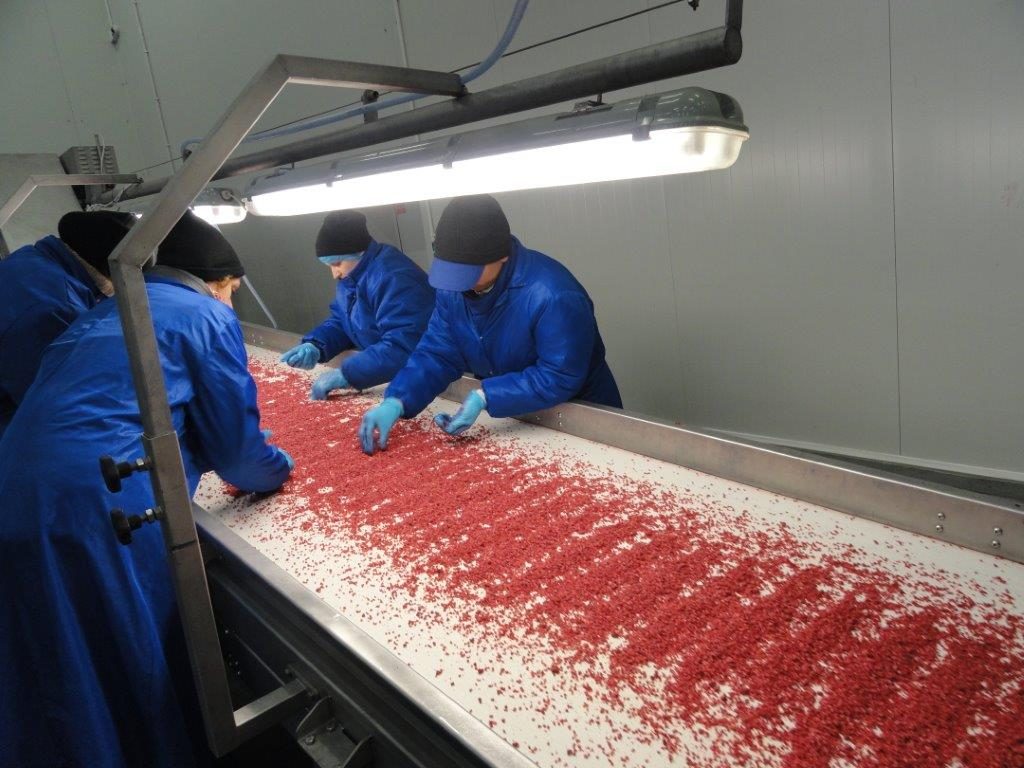
As ever, situations can be more complex than preconceptions allow for. Poland is a big country, with differentiated production, structures, traditions and approaches. How the country relates to its Weimar and EU neighbours will be fascinating to see, with political perspectives and emphasis – in Poland, Weimar and the EU – so at variance with each other.
CAP in Poland the Series so Far
More on Poland


